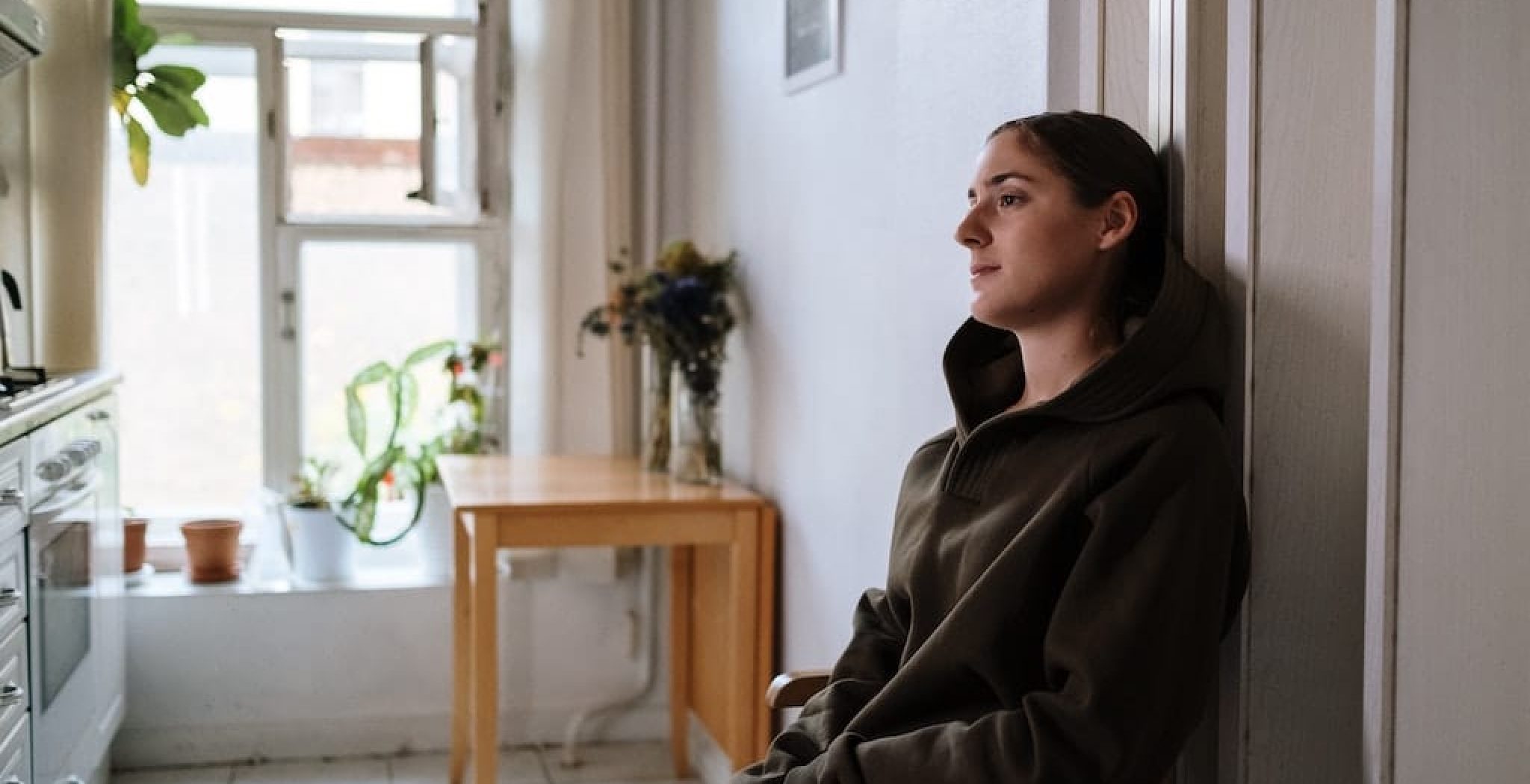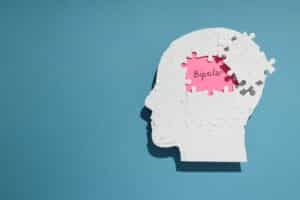Nowadays, people are becoming more conscious about their health. The pressure to be healthy is a constant uphill battle and people continue to strive to keep physical fit.
We also have to consider our emotional, social, and mental wellbeing. With life’s constant hustle and bustle, it’s no wonder why we end up neglecting our mental health. Despite easier access to mental health care, some feel completely lost.
In this day of age, how do we continue maintaining our mental health? Noticing the first cracks in the facade is important, but how do we know what’s normal and what’s not?
Paranoia and anxiety can often be confused for one or the other Are you experiencing stress, or is it paranoia and anxiety? Read on to learn the difference.
What Is Paranoia?
Unlike anxiety, paranoia is about how you see a threat and locate its specific origins in other people. Paranoia is often much more intense than anxiety. One may experience intense stress, nervousness, and feelings of mistrust.
In most cases, a bit of paranoia is harmless. Worrying if someone is avoiding you or being passive-aggressive is a good example of this. True clinical paranoia is much more serious and can impede one’s quality of life over the long term.
Those suffering from clinical paranoia report feeling like people are following them. People with paranoia may believe that people are out to see them fail or even cause them physical harm.
Symptoms of paranoia include:
- Being defensive, hostile or aggressive
- Being easily offended
- Believing you are always right
- Trouble relaxing or letting guard down
- Not being able to trust anyone
- Creating hidden meanings in people behaviors
These feelings of personal danger and distress are often imaginary. However, that doesn’t make them any less real for those suffering from intense paranoia.
First Signs of Anxiety
Anxiety often causes one to worry too much and ruminate over the smallest details. This, in turn, causes sleeplessness, restlessness, and fatigue. Other things that you may experience are nausea, tremors, and even difficulty breathing.
One may experience intense anxiety when faced with stressful situations.
Anxiety disorders are some of the most common mental health issues globally.
Over 19.1% of adults in America suffer from some form of anxiety disorder. Half of these people say that dealing with anxiety impacts their daily lives.
In some cases, it comes hand-in-hand with other mental health problems. Some known disorders linked to anxiety include depression, obsessive-compulsive disorders, and even paranoia.
Anxiety vs. Paranoia
Anxiety disorder and paranoia are often mistaken as the same thing. However, there is a significant difference between anxiety and paranoia. Learning the differences is the first step in learning how to deal with either condition.
Not sure about the differences between paranoia and anxiety? Are paranoia and anxiety related? Here’s what you need to know.
Links to Psychosis
Intense paranoia can be a sign of psychosis. Psychosis is being out of touch with the real world. They have their own beliefs, often accompanied by hallucinations, voices, delusions, and paranoia.
Those who have psychosis have a difficult time accepting reality. They may even disregard statistics and support from experts or loved ones. This link with psychosis is important for determining if you have clinical paranoia.
Entertaining specific worries that have little basis in reality is a key marker. People who have strong paranoia are often defensive and argumentative. They feel strongly about their beliefs and blame specific sources of threat.
The Difference Between Paranoia and Anxiety
Oftentimes, confusion occurs when trying to discern anxiety from paranoia. The symptoms of anxiety and paranoia may appear similar.
However, paranoia is the irrational or persistent belief that others are out to get you. People with paranoia believe that other people are targeting them.
Severe anxiety and paranoia can lead to one or the other, as they are both associated with feeling stressed and overwhelmed. A key distinction is that those who suffer from paranoia hone in on a single external source for their anxiety. Neighbors, police officers, or even the government are valid targets.
People with anxiety still worry, but their stress is more general. Not all people with anxiety believe that someone is going to attack them. People with anxiety often get overwhelmed by the possible things that could go wrong.
This lack of specific dangers is an important distinction. People with anxiety are also more likely to see potential dangers and things that could go wrong.
They focus on the group at large, whereas people with paranoia only focus on themselves. An important marker of anxiety is mistrusting yourself.
Triple-checking that if you locked the door, and stressing if you forget, is an example of anxiety. Worrying that someone is waiting for you to forget to check so that they can attack you is a sign of paranoia.
These differences between paranoia and anxiety may not be that noticeable to the untrained eye, but they do exist.
Don’t Deal With Your Mental Health Issues Alone
Now you know the difference between paranoia and anxiety. Knowing what you’re dealing with is the first step towards healing. Struggling with your mental health? That’s where we come in. Contact us today at Southern California Sunrise Recovery Center.







